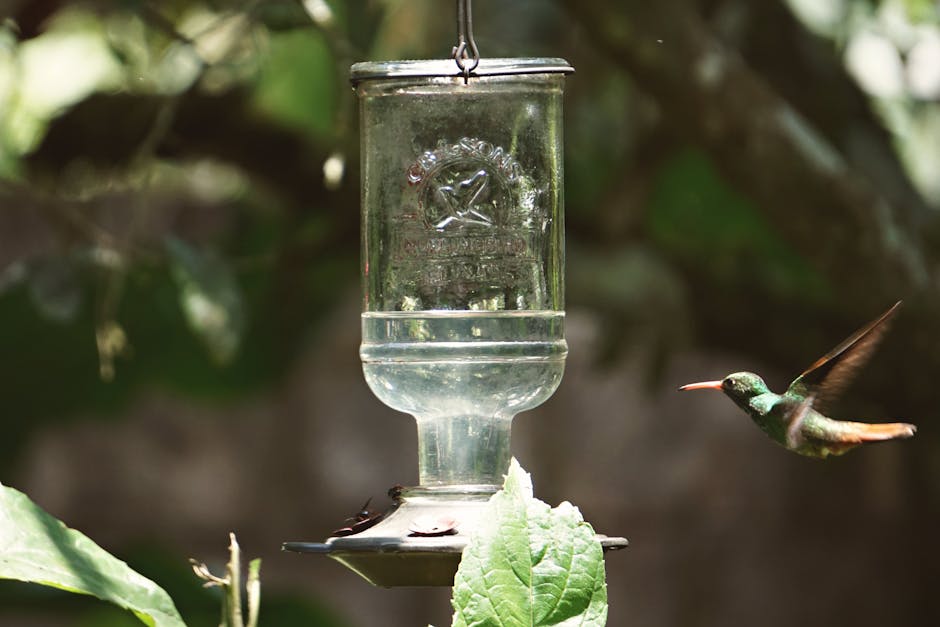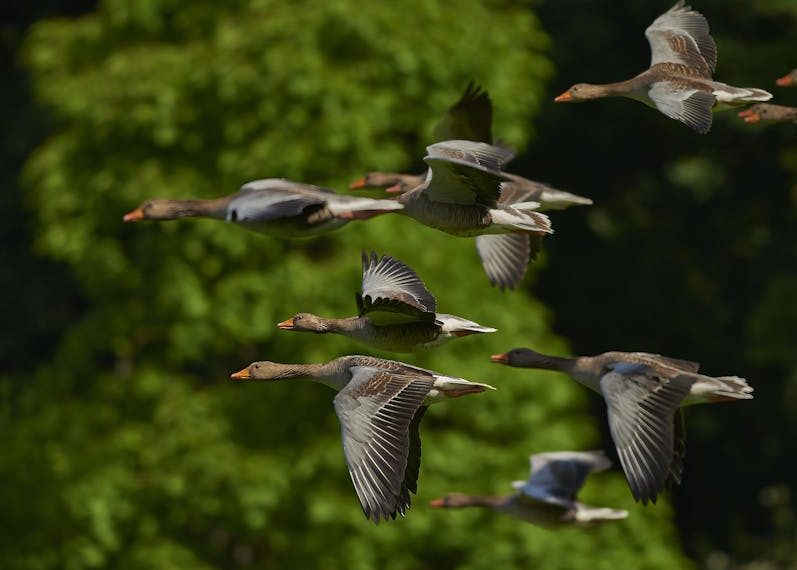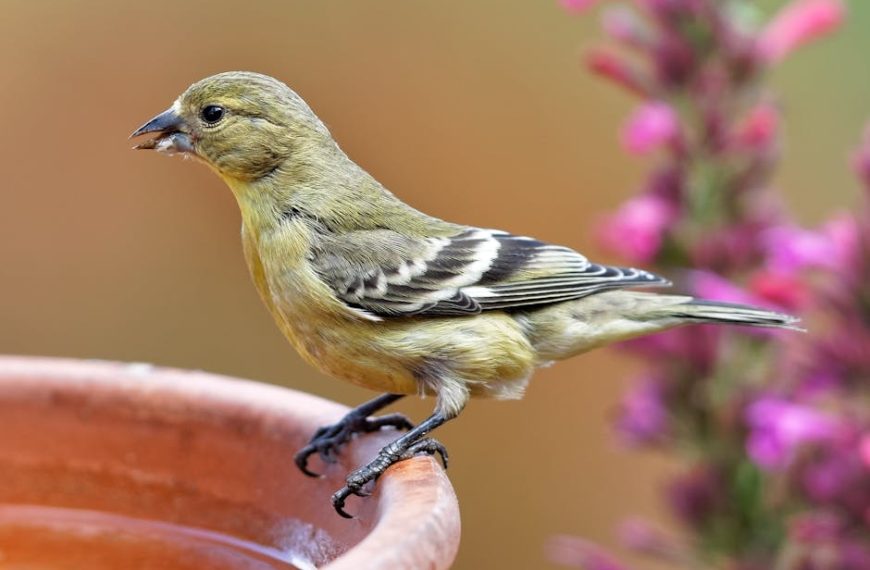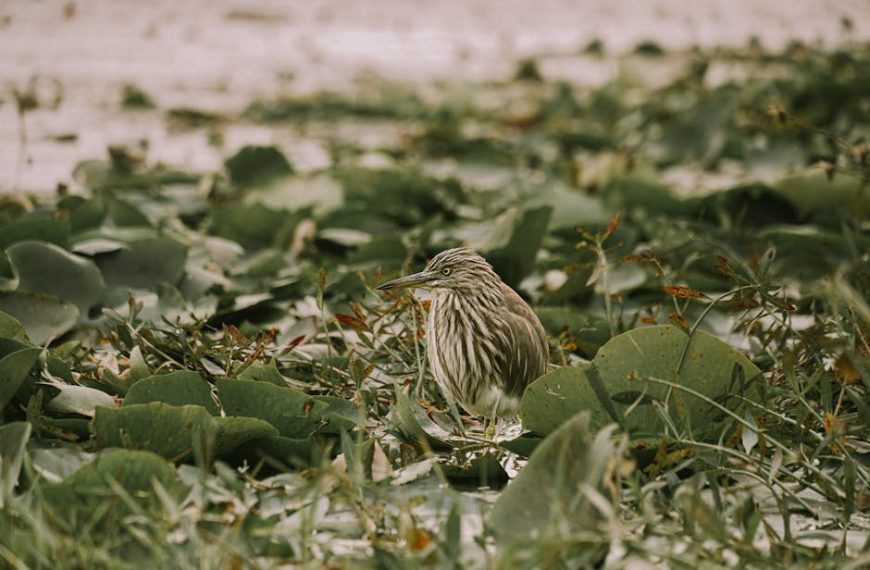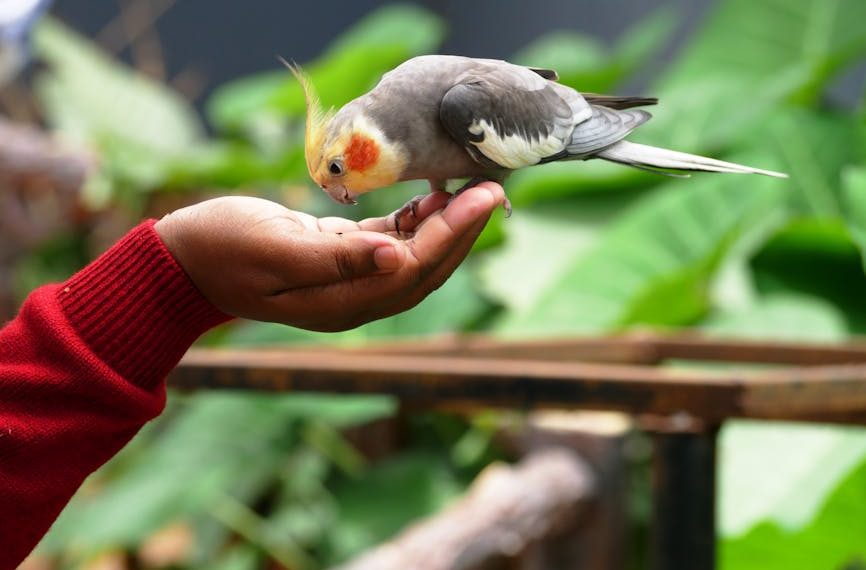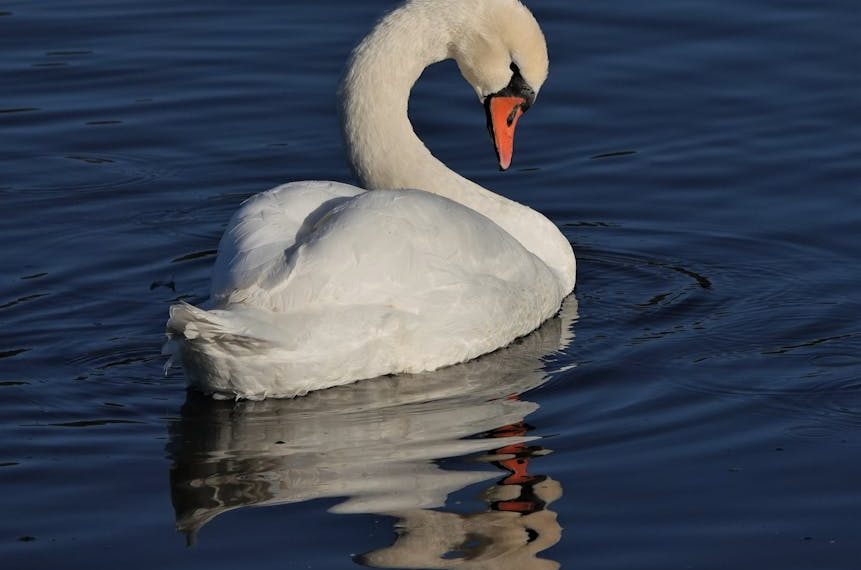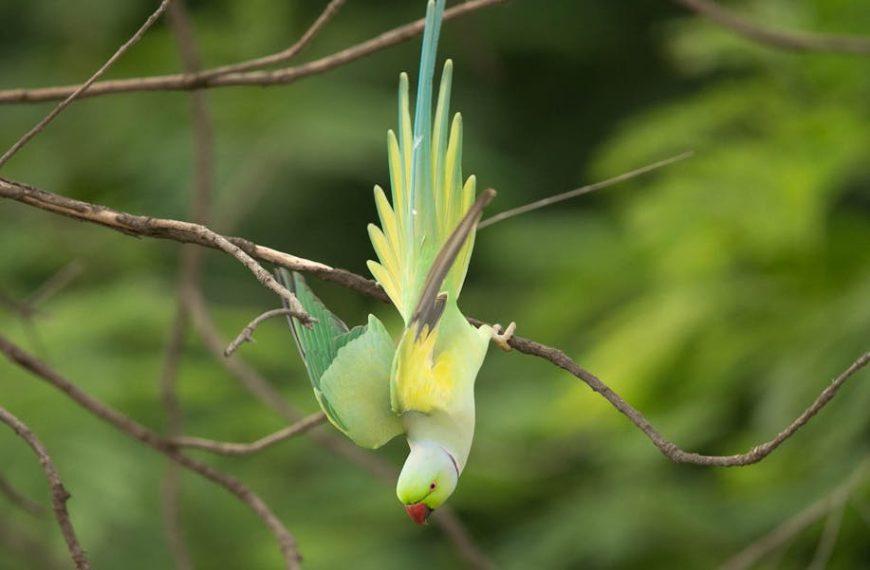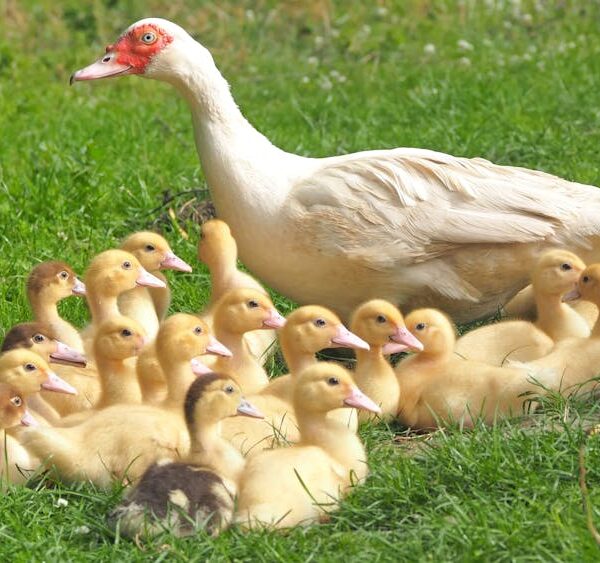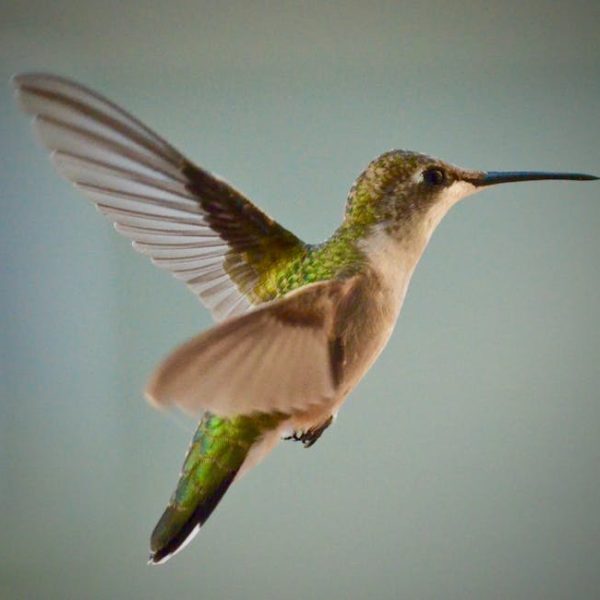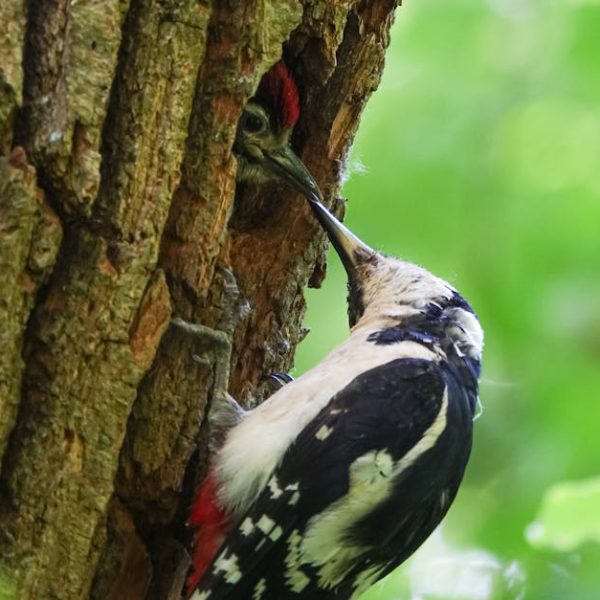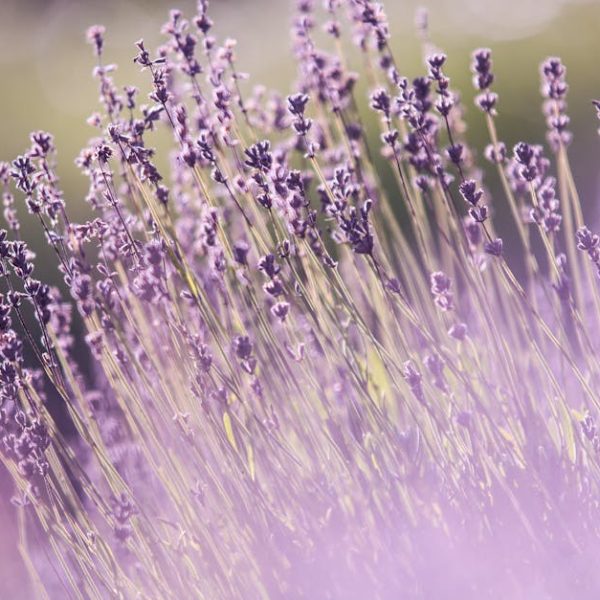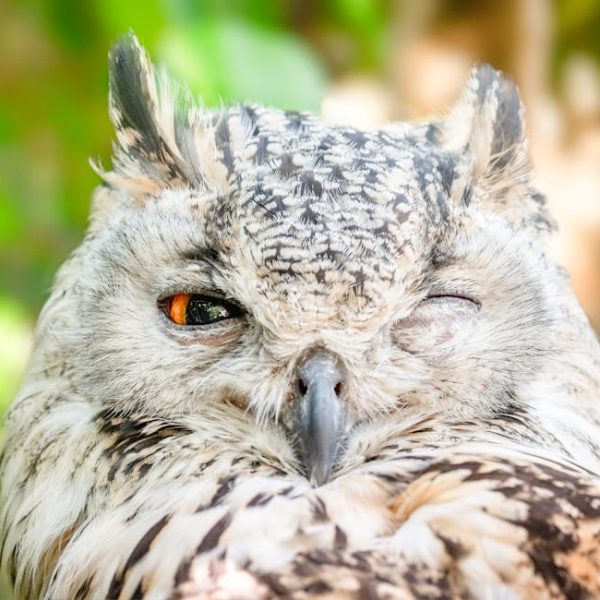Did you know feeding birds at the wrong times could unintentionally interfere with their natural feeding habits? Although feeding birds sparks joy for many bird lovers, the reality is that there are appropriate periods to do so. By assessing their natural feeding patterns, we can enhance the wellbeing of our feathered friends while minimising possible negative impacts on bird health and local ecology.
Understanding the Natural Feeding Habits of Birds
Birds are exceptionally adaptive creatures with diets that vary across species and seasons. From fruits and insects to nectar and seeds, birds are designed to forage food according to their individual needs. However, continued human intervention in bird feeding disrupts these natural patterns.
Overreliance on birdfeeders could diminish their impetus to search for natural food sources. Additionally, feeding birds unsuitable food may deprive them of the essential nutrients they need to thrive.
✅ Expert Advice: Renowned ornithologists caution budding bird enthusiasts to leave feeding largely to nature. While it’s pleasant to witness a colourful flurry at your feeder, it invariably could have long-term effects on their health and habits.
The Impact of Overfeeding: When Good Intentions Go Wrong
Overfeeding can create several problems for birds, from health concerns like obesity and disease spread, to increased dependency on human sources of food. Imagine a world where birds patiently wait for their food to be served instead of actively participating in nature’s cycle.
Moreover, an overpopulated birdfeeder could shift the ecological balance of your local environment, promoting certain species over others and potentially reducing biodiversity.
| Fed Naturally | Fed Frequently by Humans |
|---|---|
| Birds are more active and engaged in natural foraging behavior. | Birds can become more sedentary, less apt to search for food. |
| Preserves their innate ability to thrive on seasonal variability of food. | Might cause dietary imbalance and lead to health problems. |
Knowing When to Feed Birds: Seasonal Guidelines
Nonetheless, supplemental feeding isn’t always problematic. In harsh winter conditions or during a stressful breeding season, providing an extra food source can be beneficial. Remember, your intention should be to supplement, not replace, birds’ natural diets.
Bird-friendly practices would include offering fatty seeds during winter, providing high-protein seeds in the spring, or setting out a birdbath in the summer. Seek advice from local bird organizations for a comprehensive understanding of the practices suitable for your region.
✅ List of Guidelines:
- Only feed during harsh winter and intensive breeding seasons.
- Opt for food that complements their diet, never meals or bread crumbs.
- Regularly clean bird feeders to diminish disease spread.
How Prolonged Feeding Can Influence Bird Behavior and Ecology
Birds, like all creatures, adapt to their environments. When their environment consistently includes easy-access human food, savvy birds might think, Why fly south for the winter when there’s a never-ending feast right here?
This leads to population growth in urban or suburban areas, potentially upsetting the balance of species and reducing biodiversity. Birds that would usually vacate for more hospitable climates now settle year-round, which can result in overpopulation problems and the domination of feeding-friendly species, such as sparrows and pigeons, over other more vulnerable species.

Maintaining a Bird-Friendly Garden Without Overfeeding
You may think, ‘If I can’t feed them, how else can I attract these beautiful creatures to my garden?’ Here’s where you have the opportunity to create a bird-friendly environment that encourages natural foraging.
A bird-friendly garden goes beyond feeding! It involves providing sources of fresh water, creating safe nesting opportunities, and encouraging native plants that provide natural forage. It’s not just about quantity, but also quality of resources.
✅ Bird-Friendly Garden Checklist:
- Plant native plants that produce seeds, berries, or nectar.
- Provide a bird bath and clean water source.
- Set up birdhouses or nesting boxes for shelter and nesting.
- Minimise use of pesticides and chemicals that could harm birds
In conclusion, feeding birds responsibly aligns with understanding their natural feeding habits and adapting our habits to supplement nature, not replace it. Following these advice and guidelines, you can enjoy bird-watching from your home and know that you’re contributing positively to the health and wellbeing of our feathered friends. So next time, when you’re thinking about when to stop feeding the birds, you’ll know it’s part of a bigger picture – contributing to a better balance between human interaction and the natural ecosystem.
Key takeaway:
- Understanding birds’ natural feeding habits is vital for bird enthusiasts—it’s critical to let them forage food according to their needs and not make them overly reliant on bird feeders.
- Overfeeding tends to have health and ecological impacts, including disease spread, obesity, and disruptions in the biodiversity.
- Supplemental feeding of birds can be beneficial during harsh winters or breeding seasons but should not replace their natural diet.
- Persistent human feeding can influence bird behaviors, potentially leading to dependency and disturbing the ecosystem balance.
- Creating a bird-friendly garden that supports natural foraging is a more beneficial way of attracting birds.
Your passion for birds can be a positive force for their welfare, provided you understand and respect their natural feeding habits and behaviours. Aspire to supplement, not replace, their natural feeding patterns. When in doubt, err on the side of caution. A garden filled with native plants that birds enjoy can offer plenty of food and simultaneously create a beautiful space for you to enjoy.
FAQs
Q: Can I feed birds bread or other kitchen scraps?
A: It’s best to stick to birder-approved fare such as seeds and avoid meals or bread crumbs. Unsuitable foods may deprive birds of the nutrients they need and can even harm their digestive systems.
Q: What should I feed birds during harsh winter conditions?
A: During winter, opt for fatty seeds that can provide the extra energy birds need to stay warm.
Q: Is it okay to completely stop feeding birds?
A: Yes. Birds are adaptive and capable of finding food on their own. However, during extreme conditions and breeding seasons, supplemental feeding can be helpful.
Q: Can I keep bird feeders up year-round?
A: This can create dependence and discourage natural foraging behaviour. It’s advisable to remove or reduce supplementary feeding, particularly during seasons when natural food sources are abundant.
Q: Can human feeding influence bird migration patterns?
A: Yes, it can. Easy, year-round access to food can alter migration patterns, causing some bird species to stay put instead of seasonally relocating.
I encourage you to share this article with fellow bird lovers and broaden the discussion on responsible bird feeding practices. Explore more of our posts to enhance your knowledge about birds and wildlife-care best practices.
